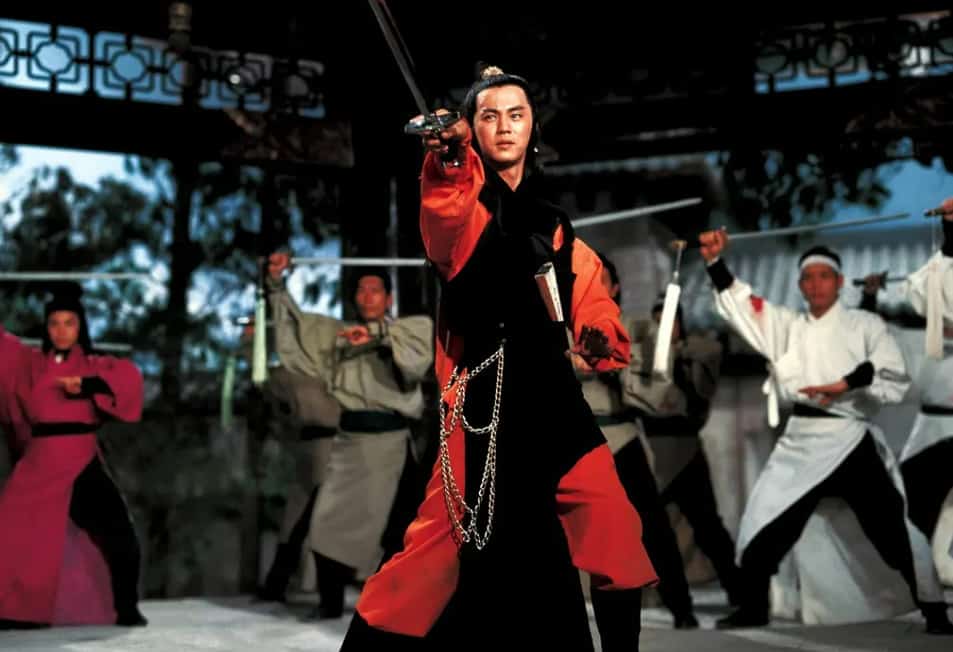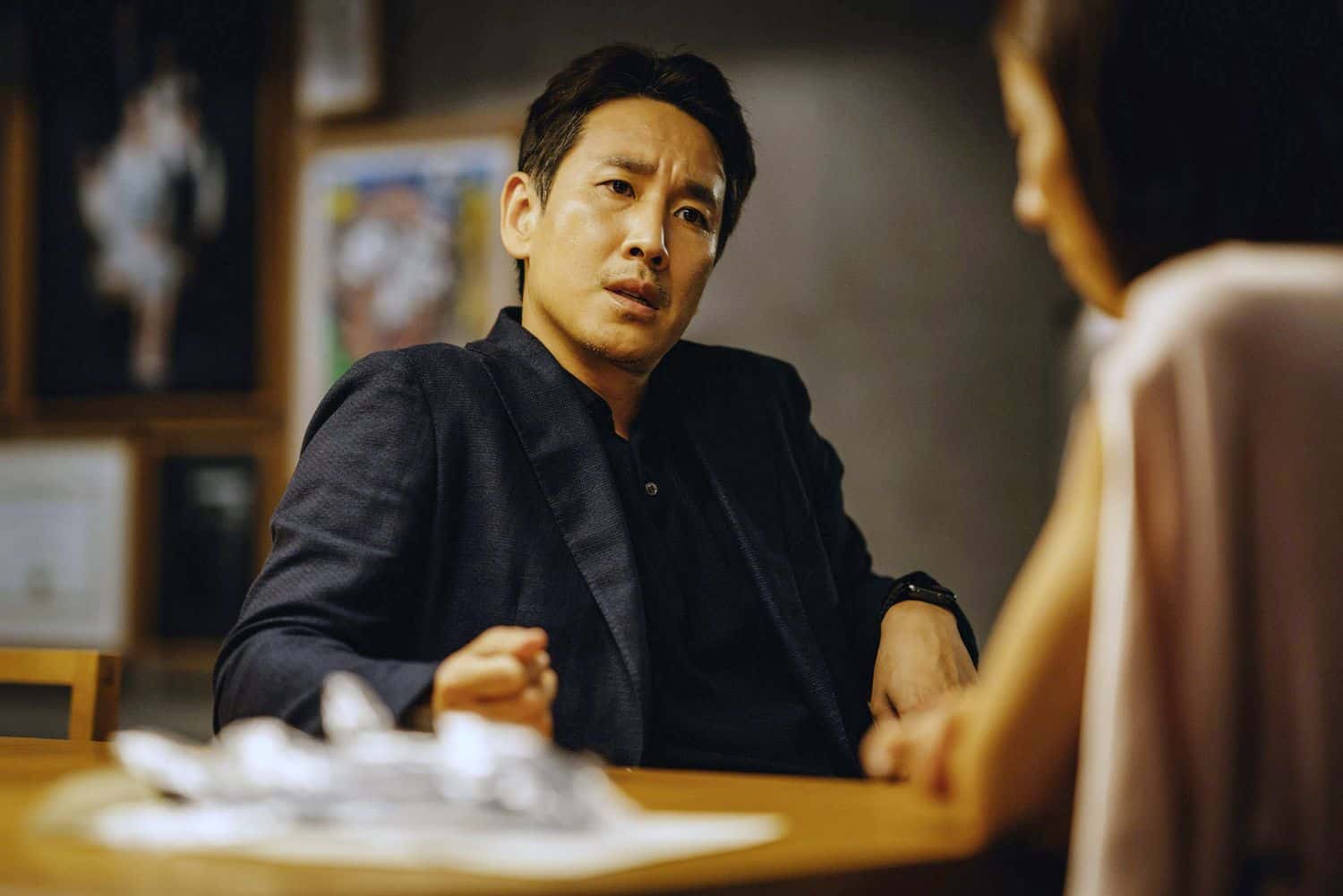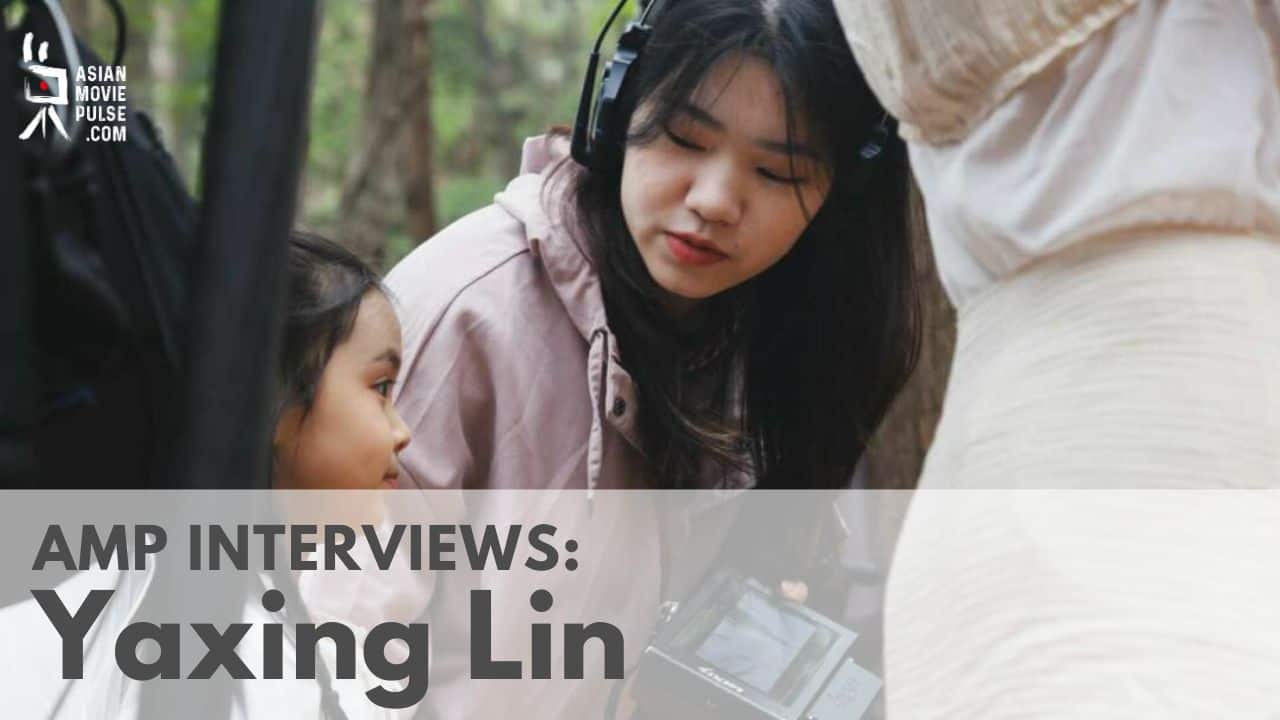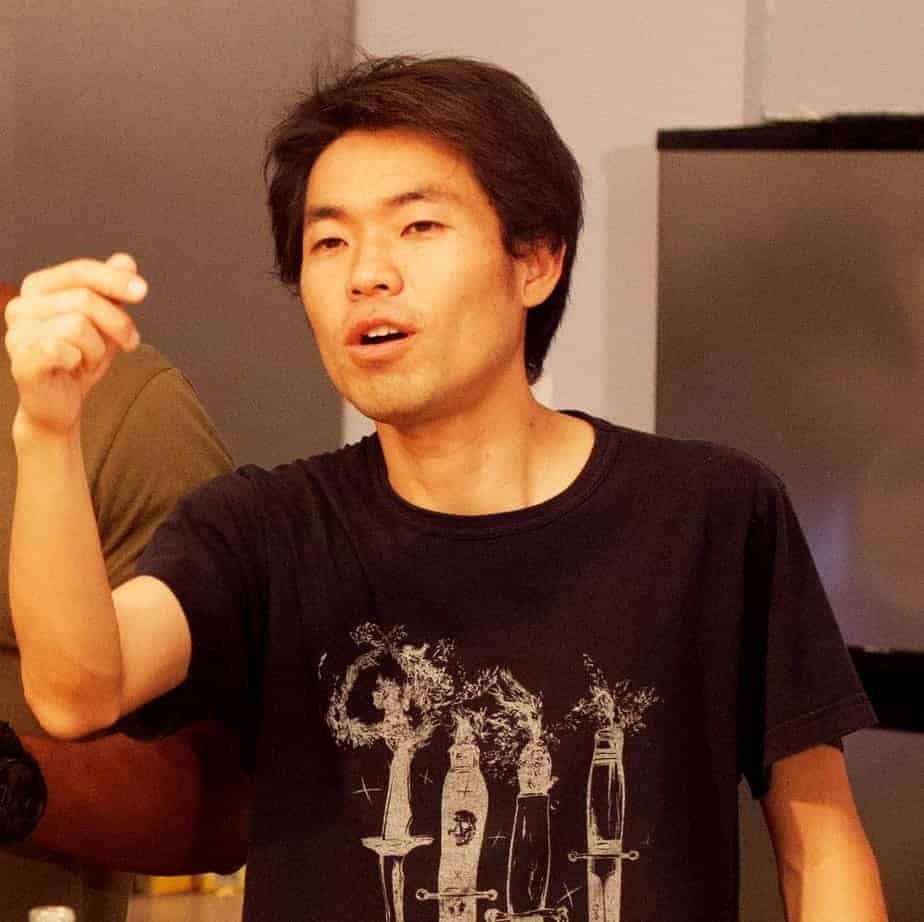Takashi Saito received a Special Award at the Mito Short Film Festival in 2004 and in 2008, his first film, “Biru to Doubutsuen” was released nationwide. in 2013, the original script for “Voice of Obo” won the Yusaku Matsuda Excellence Award for its presentation of social problems in Japan.
On the occasion of “Voice of Obo” screening in Japan Film Fest Hamburg , we speak with him about the film, Japanese society and its issues, the Japanese film industry and other topics.

What was the inspiration behind the two characters, Shuta and Moriyoshi?
Shuta, is an example of a weak man who keeps frustration in his own mind. And I get inspiration of his character from myself. Moriyoshi's character is inspired from a man's figure of carrying gas cylinder like a Cross.
Shuta is a man who avoids taking responsibility for his actions. Do you think that this a common trait among Japanese people nowadays, and particularly men?
I'm not sure if this is a common trait for Japanese or not, I feel there are lots of people who lose their economic power and mental strength in Japanese society. One of the original traits of the Japanese is to work together, to cooperate. But nowadays, many people try to avoid taking responsibility. It seems that people blame “someone” or “something” more and more, in order to win the competition in a society where the gap has been spreading. In Japan, it's very hard to crawl up in society once you lose in the competition. So we feel over-sensitive about wariness and our defence instincts rise against our responsibility in society.
I think it's true that men are more like that than women. It tends to be a male society still in Japan, so the higher the vanity and pride, the greater the reaction will be.

Shuta is also presented as a type of loser. How do you think the concept of loser is defined by Japanese society nowadays?
Shuta is the loser, and in the same way, he is the weak person who loses his way on how to proceed with his life. Nowadays, losers in Japanese society are defined by their economic status. I can understand that economic instability leads to the mental instability, but I think the real loser is a solitary person who doesn't have reliable people around him to help him
Can you tell me a bit more about the significance of the concept of the Voice of Obo and why did you choose to include it in the film?
When we are forced to make important decisions, we try to find a way out and instead of making our own decision, we compare them with others, we scrutinize the complexity around us, we believe in God's annunciation, and so on. We have forgotten who are supposed to believe, which is ourselves!
Obo doesn't exist. It is our cowardly hearts that create Obo. I believe it was important to make this film just because Internet and SNS society are now sweeping the world.
Shuta eventually manages to change. Do you think that change is actually possibly for people and if the answer is positive, what do you think are the factors that can change a person?
Shuta cannot afford to change for someone else. He is aware of his own mistake. When we become self-destructive, we despis, and hate not only others but also ourselves, escaping from ourselves as well as others. As I mentioned above, Shuta was able to find a new path when he realized his feeling that he was running away from everything.
How was your cooperation with Takashi Yuki? In general, how was the casting process for the film like?
Takashi Yuki and I have known each other for a long time, I know well his acting attitude . I think we could make Shuta's character by respecting each other, without getting familiar too much. With that in mind, I decided Yuki must play Shuta since the stage script writing.
Other casts are also played by actors that I can trust, regardless of being famous or not.
How was your cooperation with Kota Negishi and can you give us some details about the locations the film was shot?
I asked Kota Negishi to shoot in a documentary style, to give a sense of reality inside Obo's fantasy element. He created a good tone in the film as he understood the concept. He also succeeded in shooting the difficult shots, such as the scenes at the night mountain and the night car accident.
The main location was a small town called Minowa-cho in Nagano prefecture. It is a beautiful town with a good living environment that companies harmony with impressive nature and the rural town style.
We also shot in Funabashi, in Chiba prefecture.

How was the shooting like? Any memorable episodes, good or bad?
We didn't have enough time so it was very tough during the production. We couldn't complete this film without the help of Minowa's townspeople and their warmth.
My most memorable episode is that nearly 100 extras were gathered when I only asked for 10 people. It was also memorable that we prepared the pump and tank with the whole town to shoot rainy scenes.
What is your opinion about the Japanese industry at the moment?
There are many films made actively in Japan, but most of them seem to emphasize to entertainment like romance and comedy, rather than important themes. I think that films are the means to ask and to claim in the society. So I keep making socially meaningful films that I only can do.
Are you working on anything new?
Next year, I'm planning to shoot the film about the serious social problems in Japan.















